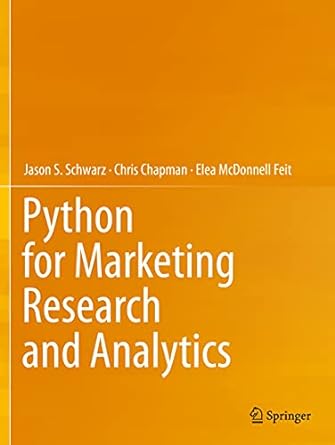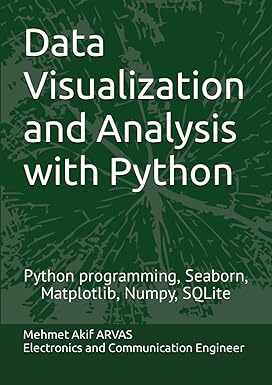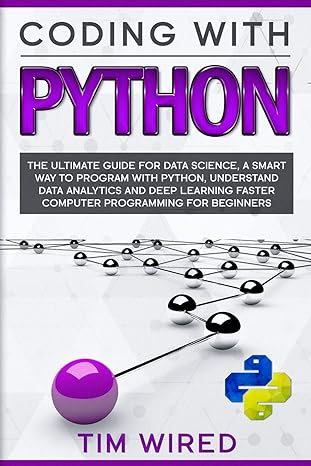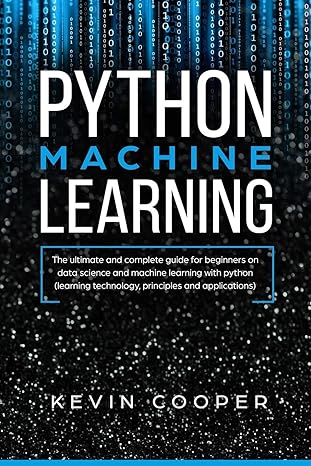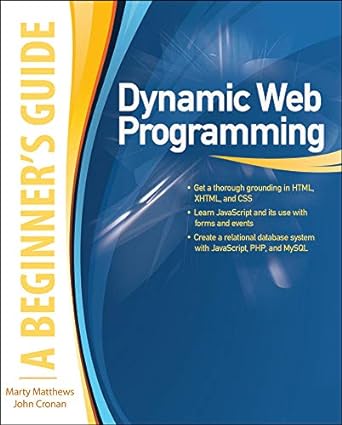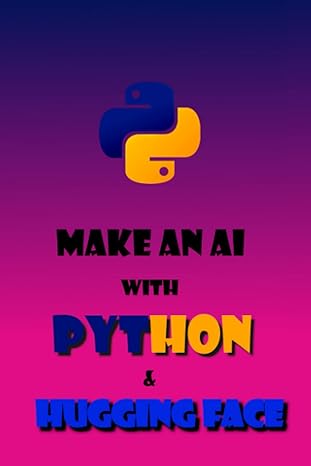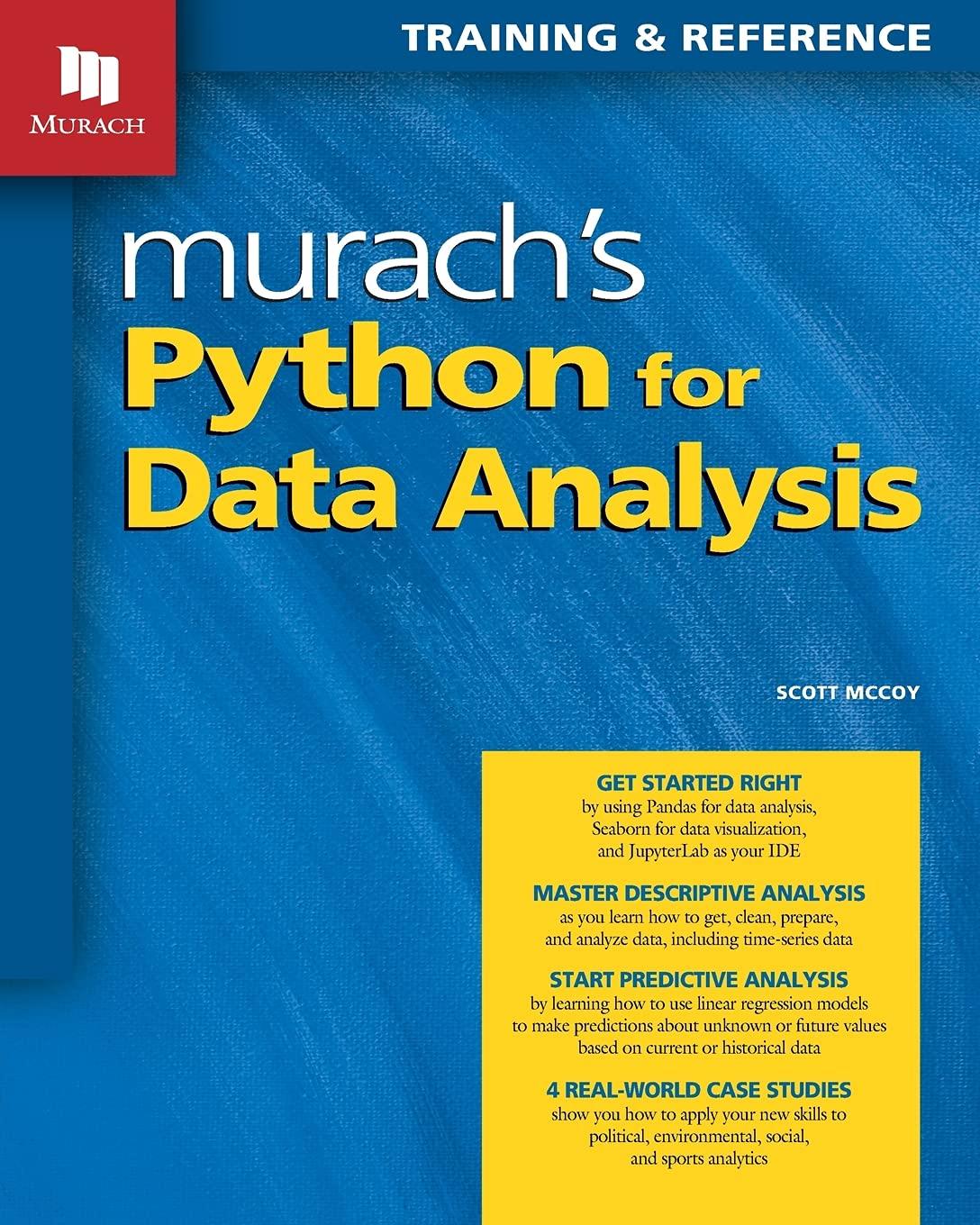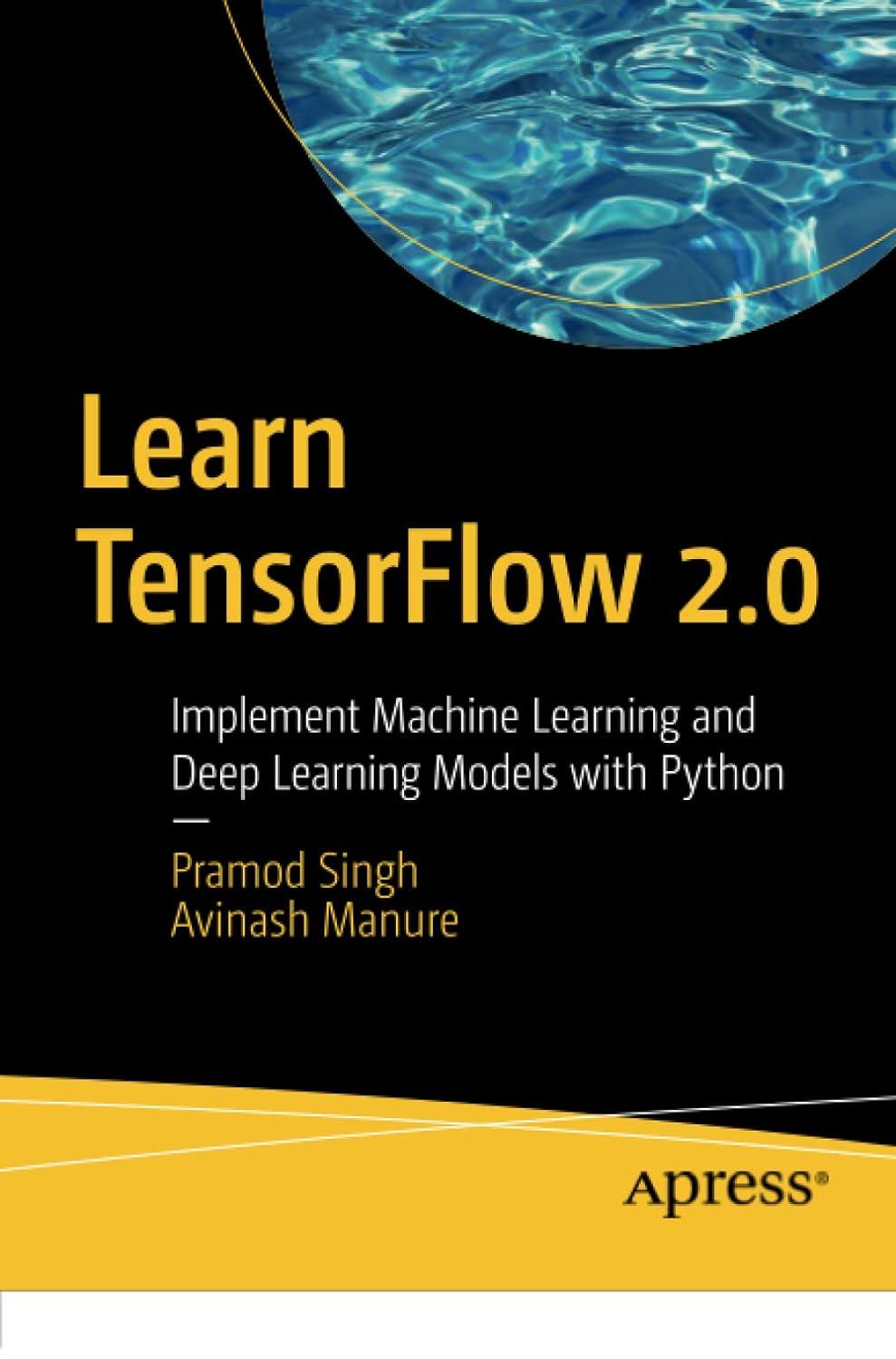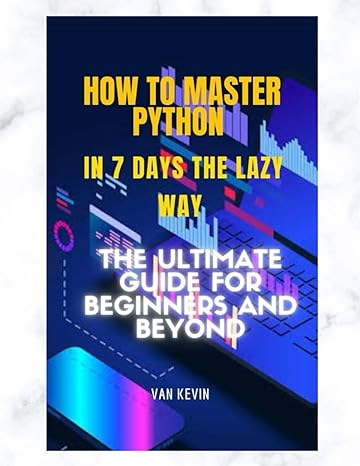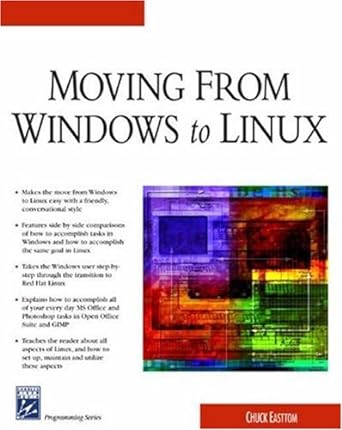Python For Marketing Research And Analytics(1st Edition)
Authors:
Jason S. Schwarz , Chris Chapman , Elea McDonnell Feit
Type:Hardcover/ PaperBack / Loose Leaf
Condition: Used/New
In Stock: 2 Left
Shipment time
Expected shipping within 2 - 3 DaysPopular items with books
Access to 35 Million+ Textbooks solutions
Free ✝
Ask Unlimited Questions from expert
AI-Powered Answers
30 Min Free Tutoring Session
✝ 7 days-trial
Total Price:
$0
List Price: $55.24
Savings: $55.24
(100%)
Solution Manual Includes
Access to 30 Million+ solutions
Ask 50 Questions from expert
AI-Powered Answers
24/7 Tutor Help
Detailed solutions for Python For Marketing Research And Analytics
Price:
$9.99
/month
Book details
ISBN: 3030497224, 978-3030497224
Book publisher: Springer
Offer Just for You!:
Buy 2 books before the end of January and enter our lucky draw.
Book Price $0 : This book provides an introduction to quantitative marketing with Python. The book presents a hands-on approach to using Python for real marketing questions, organized by key topic areas. Following the Python scientific computing movement toward reproducible research, the book presents all analyses in Colab notebooks, which integrate code, figures, tables, and annotation in a single file. The code notebooks for each chapter may be copied, adapted, and reused in one's own analyses. The book also introduces the usage of machine learning predictive models using the Python sklearn package in the context of marketing research. This book is designed for three groups of readers: experienced marketing researchers who wish to learn to program in Python, coming from tools and languages such as R, SAS, or SPSS; analysts or students who already program in Python and wish to learn about marketing applications; and undergraduate or graduate marketing students with little or no programming background. It presumes only an introductory level of familiarity with formal statistics and contains a minimum of mathematics.
Customers also bought these books
Popular Among Students
Customer Reviews
Trusted feedback from verified buyers
NS
Delivery was considerably fast, and the book I received was in a good condition.


